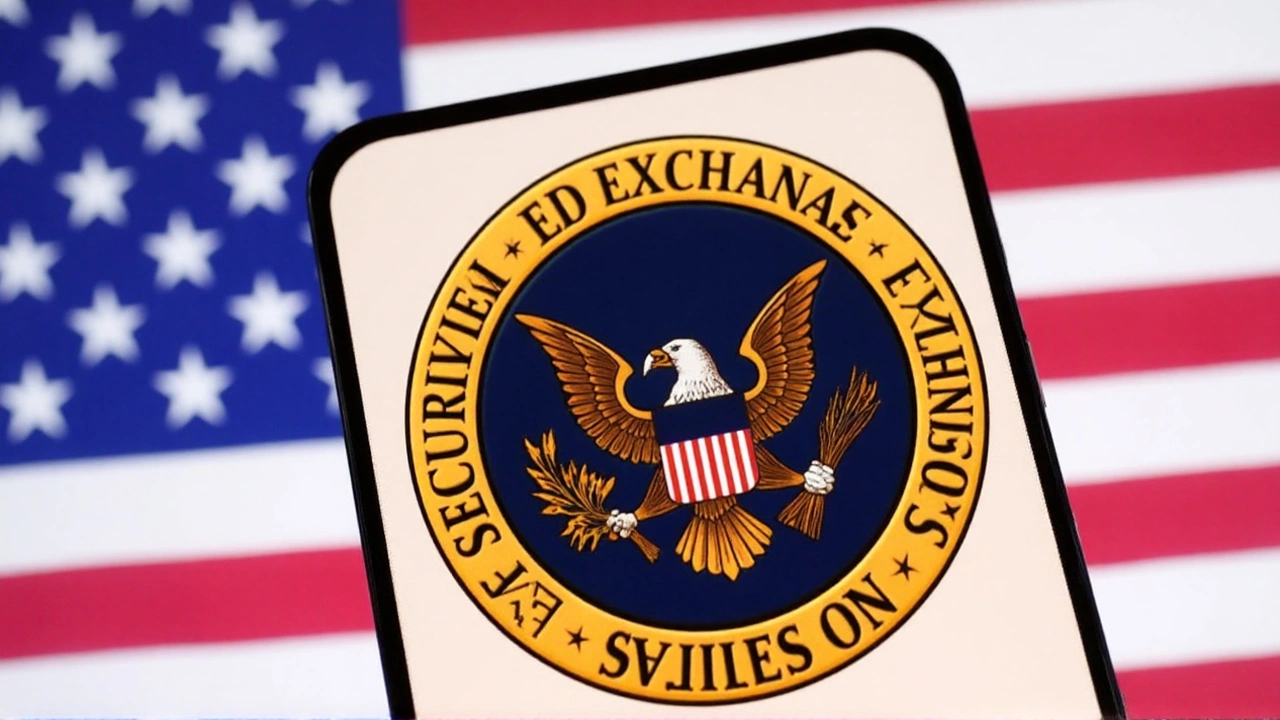Cryptocurrency & Regulation: What’s Happening Now
Crypto isn’t just about buying coins and watching prices swing. Every day the rules around it change, and those changes can hit your wallet fast. If you’re a teen or a young adult trying to dip your toes into crypto, you need to know what regulators like the SEC are doing. Let’s break down the biggest story this week and why it matters to you.
Why the SEC Matters
The U.S. Securities and Exchange Commission (SEC) is the agency that watches over investment markets. When it steps into crypto, it’s usually because it thinks something could be risky for everyday investors. The SEC’s job is to protect people from fraud and to make sure companies follow the same rules they do in stocks and bonds.
For young crypto fans, the SEC’s actions can affect which platforms stay open, how you move money, and what kind of promises you can trust. A lot of headlines talk about “regulation” like it’s a distant concept, but every new rule can change the way you earn interest, trade, or even hold a token. That’s why keeping an eye on SEC moves is a smart habit.
What the Gemini Settlement Means for You
Recently, the SEC and Gemini reached a settlement “in principle” over the Gemini Earn program. Gemini Earn let users earn interest on crypto, but the program froze withdrawals when its lending partner stopped redemptions. The SEC sued Gemini in 2023, saying the interest‑earning product might have been an unregistered security.
While the exact terms of the settlement haven’t been disclosed, the fact that both sides agreed to resolve the case is a big signal. It shows the SEC is serious about cracking down on crypto products that look like traditional securities. For you, this could mean a few things:
- More scrutiny on interest‑bearing crypto services. Platforms may add clearer disclosures or stop offering certain earn‑type products.
- Potentially safer options. If a platform works with the SEC, it’s more likely to follow strict consumer‑protection rules.
- Changes in how you move money. Some services might limit withdrawals or require extra verification to stay compliant.
In plain terms, the settlement tells you to double‑check any crypto “savings” offer. Look for clear terms, read the fine print, and ask yourself if the platform is registered or working with regulators.
Beyond Gemini, the SEC’s broader push is reshaping the crypto landscape. New guidance on stablecoins, stricter rules for initial coin offerings (ICOs), and more enforcement actions are on the horizon. That doesn’t mean crypto is dead—it just means the playground is getting a few more rules.
If you’re still curious about getting involved, start with these practical steps:
- Pick a well‑known exchange that complies with local laws. Watch for signs like a “registered broker‑dealer” badge.
- Limit how much you invest to money you can afford to lose. Crypto can swing wildly, and regulation doesn’t stop price drops.
- Stay updated. Follow reliable news sources, subscribe to regulator newsletters, or join community forums that discuss compliance.
- Consider diversified exposure. Don’t put all your savings in one token or one platform.
- Ask questions. If a platform promises high returns with low risk, dig deeper before you commit.
Regulation isn’t a villain—it’s a safety net that can protect you from shady schemes. By understanding the SEC’s role and keeping tabs on big cases like Gemini, you’re already ahead of the curve. Crypto will keep evolving, and so will the rules around it. Stay curious, stay cautious, and you’ll make smarter moves in the world of digital money.
SEC settlement with Gemini reached in principle over Gemini Earn
The SEC and Gemini have reached a resolution in principle over the regulator’s 2023 lawsuit tied to the crypto exchange’s Gemini Earn program, which froze withdrawals after its lending partner halted redemptions. Terms weren’t disclosed, but the deal signals a major step toward closing a high-profile case involving the Winklevoss-led platform.
Read More